The statistics regarding bone health in our country may not appear optimistic, as the likelihood of bone fractures and injuries tends to increase with age. However, there is still hope. Fortunately, Dr. Steven Gundry strongly advocates for preventive actions. By taking gradual steps, you can reduce the risks and hopefully avoid experiencing these issues altogether.
If you are concerned about your bone health (or even if you want to prevent it from becoming a concern), this video is specifically created for you. Continue watching to discover the strategies you can implement to maintain the strength and health of your skeleton, which ultimately benefits your entire body.
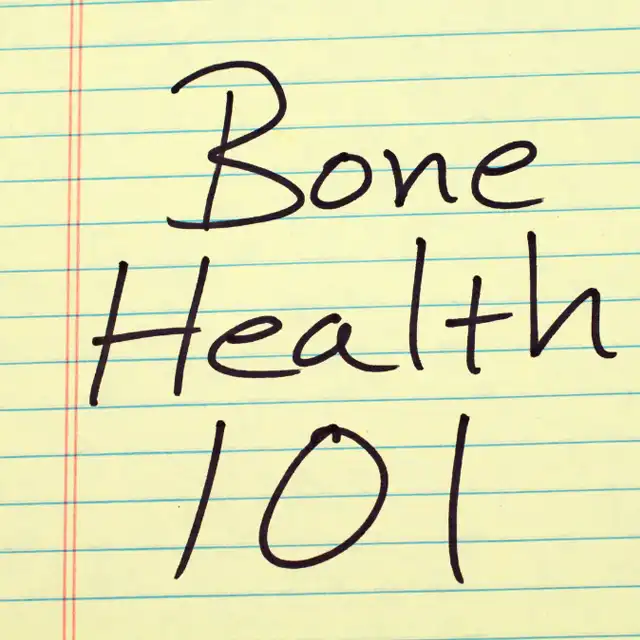
You can find Gundry MD’s YouTube Channel here: https://bit.ly/2YVaIi0 Bone health is a topic that we often overlook, but it plays a crucial role in our overall well-being. In this informative video by The Dr. Gundry Podcast, Dr. Steven Gundry emphasizes the importance of taking preventative measures to ensure strong and healthy bones. He discusses the alarming statistics on bone-related fractures and injuries, highlighting the need to prioritize bone health as we age. Throughout the video, Dr. Gundry provides valuable insights on the nutrients essential for bone health, including calcium, vitamin D, and vitamin K. He also emphasizes the importance of weight-bearing exercise in improving bone strength and density. If you want to learn how to keep your skeleton strong and protect your overall health, this video is a must-watch.
In this engaging video on The Dr. Gundry Podcast, Dr. Gundry dives into the crucial topic of bone health. He begins by recounting an interesting experiment he conducted, demonstrating the detrimental effects of soda on bones. From there, he delves into why bone health is important, emphasizing the role of strong bones in enabling us to live a fulfilling life. Dr. Gundry shares alarming statistics on bone-related fractures and injuries, underlining the need to prioritize bone health. He discusses the essential nutrients, such as calcium, vitamin D, and vitamin K, that support bone health and provides practical tips on incorporating these nutrients into our diets. Additionally, Dr. Gundry highlights the importance of weight-bearing exercise for maintaining strong bones.
Bone Health
Bone health is a crucial aspect of overall well-being that often goes overlooked. Your bones provide the framework for your entire body, allowing you to walk, play, and engage in your favorite activities. As you age, the importance of maintaining strong bones becomes even more critical. Weak bones can significantly impact your mobility and longevity, making it essential to prioritize bone health in your daily life.
Why Bone Health is Important
The significance of bone health cannot be overstated. Strong bones are essential for maintaining an active lifestyle and participating in various daily activities. Without healthy bones, simple tasks like walking and chewing become challenging. As you age, bone health becomes increasingly vital for maintaining your mobility and longevity. Statistics show that every three seconds, someone suffers an osteoporosis-related fracture. This alarming statistic highlights the prevalence of bone-related injuries and the need to prioritize bone health.
For women over 50, there is a 40% chance of experiencing a hip, spine, or wrist fracture. These statistics demonstrate the substantial impact weak bones can have on daily life. Furthermore, for those hoping to live past 80, there is a high likelihood of being hospitalized due to a bone-related injury resulting from a fall. These statistics emphasize the importance of taking proactive measures to ensure strong and healthy bones throughout your life.
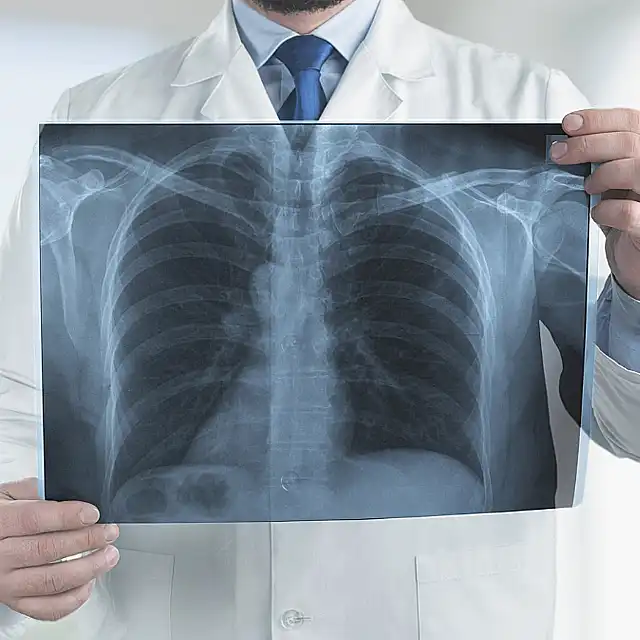
Effects of Weak Bones on Mobility
Weak bones can have a profound impact on your mobility. As bones become weaker, the risk of fractures and injuries increases significantly. Fractures can lead to decreased mobility, making it difficult to perform daily tasks. The resulting loss of independence and increased reliance on others can have a significant impact on your quality of life. By prioritizing bone health, you can maintain your mobility and continue to engage in the activities you enjoy.
Effects of Weak Bones on Longevity
Bone health is not just crucial for mobility but also for longevity. Weak bones can increase the likelihood of hospitalization due to bone-related injuries later in life. Falls are a common cause of hospitalization for older adults, and weak bones can exacerbate the consequences of such accidents. By ensuring your bones are strong and healthy, you can reduce the risk of fractures and injuries, ultimately improving your chances of living a long and healthy life.

Essential Nutrients for Bone Health
Nutrition plays a significant role in maintaining bone health. While calcium is often associated with strong bones, it is not the only nutrient that contributes to optimal bone health. Consuming a variety of essential nutrients is necessary to support bone strength and density.
Calcium as a Building Block for Strong Bones
Calcium is one of the most vital building blocks for strong bones. It is crucial to ensure you consume plenty of calcium-rich foods to support bone health. While milk is often associated with calcium, there are many alternative sources for those who do not drink milk. Sesame seeds, goat’s milk, almonds, broccoli, collard greens, rhubarb, and salmon are all excellent sources of calcium. By incorporating these foods into your diet, you can ensure you are meeting your calcium needs without relying solely on milk.
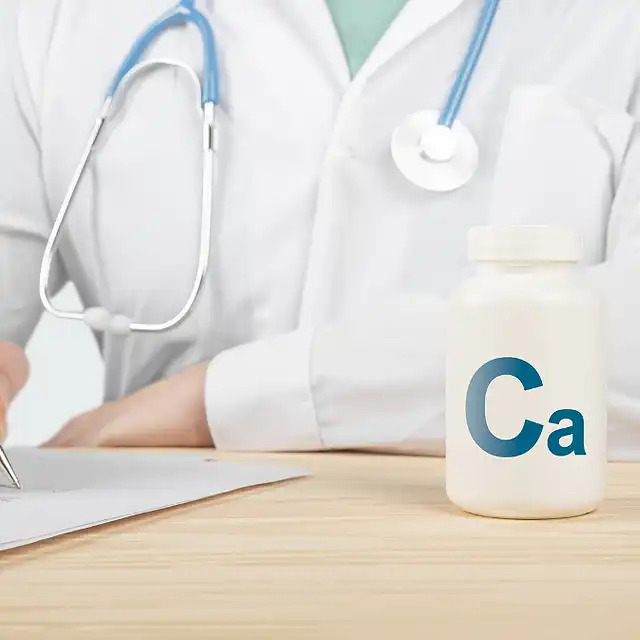
Other Calcium-Rich Foods
In addition to the aforementioned foods, there are various other sources of calcium that can support bone health. Foods like tofu and whole wheat, which are typically high in magnesium, may not be suitable for those following a lectin-free diet. However, there are many other fantastic sources of magnesium available. Avocados, spinach, peeled almonds, pressure-cooked black beans, and dark chocolate are all excellent sources of magnesium. These foods not only provide essential nutrients for bone health but also offer additional benefits for overall well-being.
Vitamin D3 for Calcium Absorption
To optimize the absorption of calcium, it is crucial to ensure you are getting enough vitamin D3. Spending time outside is one of the best ways to naturally obtain vitamin D, as it is often referred to as the “sunshine vitamin.” However, certain foods also contain vitamin D3. Grass-fed beef liver, wild-caught salmon, sardines, egg yolks, mushrooms, and oysters are all excellent sources of vitamin D3. By incorporating these foods into your diet, you can support your body’s ability to use calcium effectively.
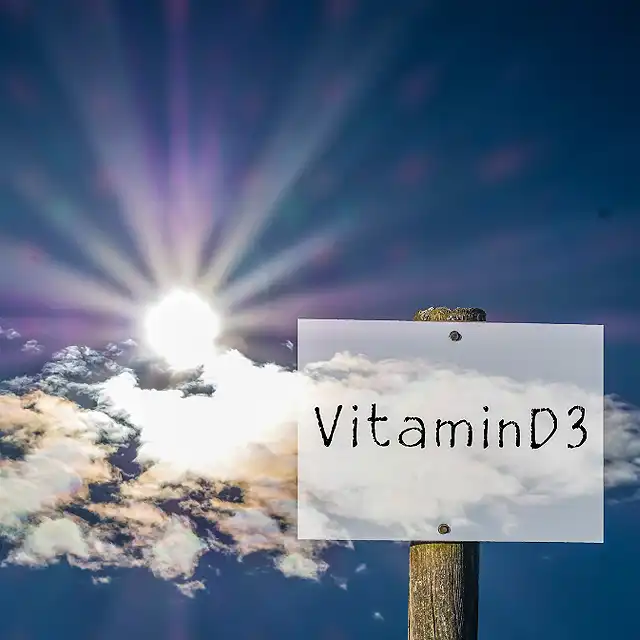
The Role of Vitamin K in Bone Health
Vitamin K is another essential nutrient that plays a critical role in bone health. It helps the body process calcium correctly and is important for preventing bone mineralization and bone spurs. Adequate intake of vitamin K can help prevent serious injuries resulting from these conditions. Leafy greens, egg yolks, and cruciferous vegetables like broccoli, cauliflower, and cabbage are all excellent sources of vitamin K. By incorporating these foods into your diet, you can boost your vitamin K intake and support optimal bone health.
The Importance of Magnesium for Strong Bones
Magnesium is a mineral that is essential for maintaining the strength and hardness of bones. It may be challenging to obtain enough magnesium if you follow a lectin-free diet, as common sources like tofu and whole wheat are not suitable. However, there are many other excellent sources of magnesium available. Avocados, spinach, peeled almonds, pressure-cooked black beans, and dark chocolate are all rich in magnesium. By incorporating these foods into your diet, you can ensure you are meeting your magnesium needs and supporting strong bones.
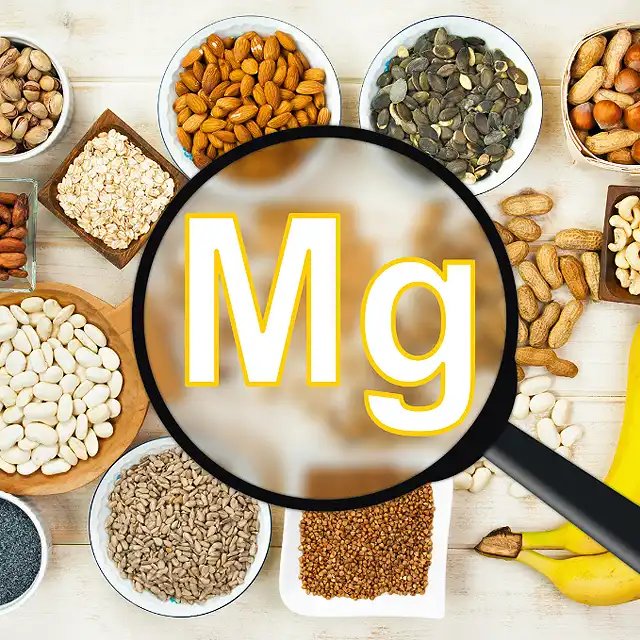
Non-Dietary Sources of Magnesium
Aside from food, there are other ways to obtain magnesium to support bone health. Topical magnesium creams and oils can be applied directly to the skin and absorbed into the body. This form of magnesium supplementation can be beneficial for those who may have difficulty obtaining sufficient magnesium through their diet alone. Additionally, Epsom salt baths, which contain magnesium sulfate, can also provide a relaxing and effective way to increase magnesium levels and support bone health.
The Role of Exercise in Improving Bone Strength and Density
Exercise plays a vital role in maintaining and improving bone strength and density. Weight-bearing and resistance-based exercises are particularly effective in reinforcing bones and preventing bone loss. These types of exercises put stress on the bones, stimulating them to become stronger and denser over time. Activities such as walking, hiking, dancing, weightlifting, and yoga are all excellent choices for improving bone health. Incorporating regular exercise into your daily life can have a significant impact on the strength and longevity of your bones.
Weight-Bearing and Resistance-Based Exercises
Weight-bearing exercises involve activities that require your body to support its weight. Examples include walking, running, jumping rope, and dancing. These activities place stress on the bones, stimulating them to become stronger and denser. Resistance-based exercises, on the other hand, involve working against an external force, such as weightlifting or using resistance bands. These exercises help build muscle, which, in turn, supports and protects the bones. A combination of weight-bearing and resistance-based exercises can be highly effective in improving bone health.

Incorporating Exercise into Daily Life
Exercise doesn’t have to be a daunting or time-consuming task. Finding ways to incorporate physical activity into your daily life can be both convenient and effective for improving bone health. For example, you can do a few bicep curls with your grocery bags before putting away your food or perform squats with a laundry basket. By getting creative, you can turn everyday chores into bone-strengthening activities. By taking small steps to incorporate exercise into your daily routine, you can make significant strides in improving the strength and density of your bones.
Conclusion
Prioritizing bone health is crucial for maintaining an active and fulfilling lifestyle as you age. Weak bones can significantly impact your mobility and longevity, increasing the risk of fractures and injuries. By ensuring you consume a variety of essential nutrients like calcium, vitamin D3, vitamin K, and magnesium, you can support optimal bone health. Additionally, incorporating weight-bearing and resistance-based exercises into your routine can help improve bone strength and density. By taking proactive measures and making bone health a priority, you can enjoy a long and healthy life with strong and resilient bones.